
Partners and Hosts

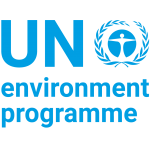
The United Nations Environment Programme (UNEP) is the leading global environmental authority that sets the global environmental agenda, promotes the coherent implementation of the environmental dimension of sustainable development within the United Nations system, and serves as an authoritative advocate for the global environment. It provides leadership and encourages partnership in caring for the environment by inspiring, informing, and enabling nations and peoples to improve their quality of life without compromising that of future generations. UNEP’s work maintains an overarching commitment to sustainability and is categorized into seven broad thematic areas: climate change, disasters and conflicts, ecosystem management, environmental governance, chemicals and waste, resource efficiency, and environment under review.

The Coordinating Body on the Seas of East Asia (COBSEA) oversees the implementation of the East Asian Seas Action Plan, adopted in 1981 and revised in 1994. The East Asian Seas Action Plan brings together nine countries – Cambodia, People’s Republic of China, Indonesia, Republic of Korea, Malaysia, the Philippines, Thailand, Singapore and Vietnam – in development and protection of the marine environment and coastal areas of the region, for the health and wellbeing of present and future generations. Specifically, efforts are focused on addressing land-based marine pollution; strengthening marine and coastal planning and management; and sharing marine environmental management experiences and policies towards strengthened regional governance.
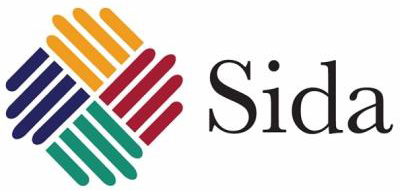
The Swedish International Development Cooperation Agency, Sida, is a government agency working on behalf of the Swedish parliament and government, with the mission to reduce poverty in the world. Through its work and in cooperation with others, Sida contributes to implementing Sweden’s Policy for Global Development (PGU). Sida carries out enhanced development cooperation with a total of 35 countries in Africa, Asia, Europe and Latin America. It assists the government in deciding and implementing its development assistance policy. Sida participates in advocacy work for Sweden’s prioritized issues within the international development cooperation field and is in constant dialogue with other countries and international organizations.
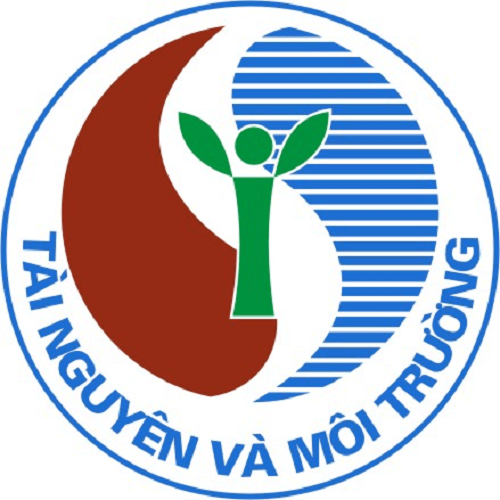
The Ministry of Natural Resources and Environment is an agency of the Government, performing the function of state management in the fields of: land; water resources; mineral resources and geology; environment; meteorology and hydrology; climate change; survey and mapping; integrated management and protection of natural resources and environment of seas and islands; remote sensing; state management of public services in the fields of the Ministry’s management.
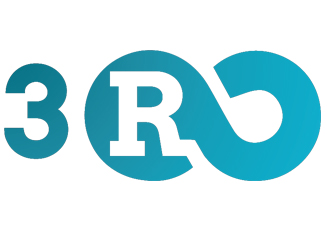
The 3R (Reduce, Recover, Recycle) Initiative (3RI) brings together corporates and NGOs to remove plastic waste from the environment and stimulate plastic recycling. The 3RI catalyzes corporate leadership to reduce plastic waste through internal and supply chain actions, and supports recovery and/or recycling projects to mitigate plastic waste that a company cannot address directly.
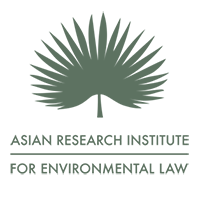
The Asian Research Institute for Environmental Law (ARIEL) is a law institute focused on providing practical solutions to environmental law problems. It adopts a multi-disciplinary approach to solving environmental issues with an emphasis on ecologically sound measures and participatory methods.
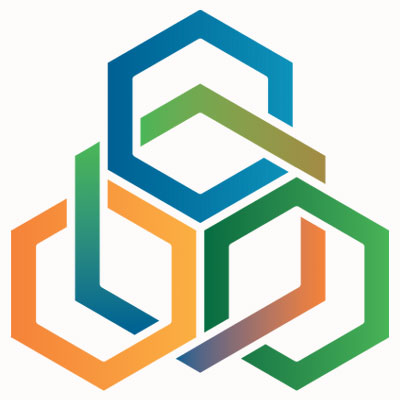
The Basel, Rotterdam and Stockholm (BRS) conventions are multilateral environmental agreements, which share the common objective of protecting human health and the environment from hazardous chemicals and wastes. The BRS Secretariat is administered by UNEP, Switzerland. The Secretariat of the Rotterdam Convention is jointly served by UNEP and FAO. As provided in Article 16 of the Basel Convention, Article 20 of the Rotterdam Convention and Article 19 of the Stockholm Convention, the principal functions of the Secretariat are to prepare for and service meetings of the conferences of the parties and its subsidiary bodies, to receive and convey information, to assist or facilitate assistance to parties upon request and to coordinate with other international bodies.
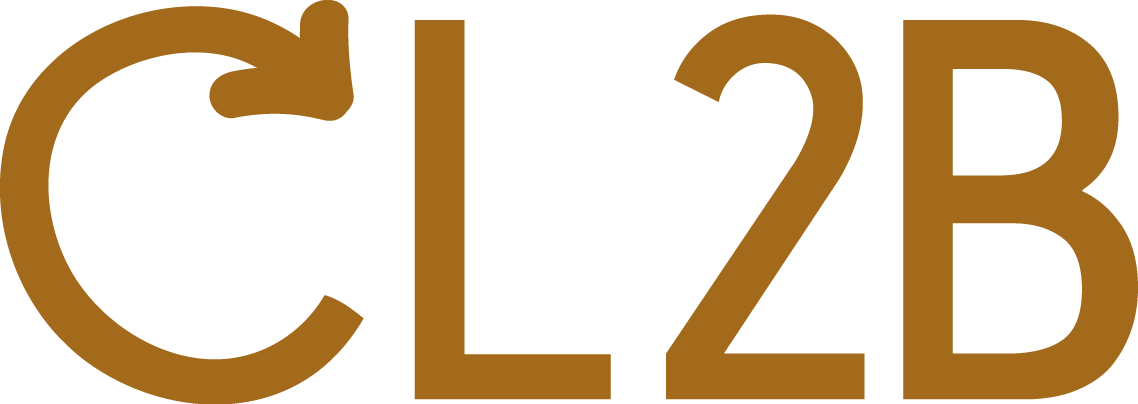
CL2B – Closed loop to balance is provides services towards accelerating the transition to a circular economy in Southeast Asia. Based in Ho Chi Minh City, CL2B believes Vietnam can be the frontrunner of the region in adapting the principles of the circular economy to develop sustainable development through resources efficiency, cross-sector collaboration, and implementing a circular business model.
With the mission, building the economy where no waste is wasted, CL2B provides solutions for enterprise and organization to achieve circular economy goals. CL2B’s mission is to bring balance and harmony in the eco-system through practical and scalable solutions for the circular economy transition in Vietnam and Southeast Asia by the following (1) improve the data and knowledge toward sustainability and Circular Economy via scientific research; (2) improve the solid waste infrastructure toward circular economy via communication, solid waste collection strategy, stakeholder and cross sector collaboration and policy advocacy: EPR, sustainable development strategy advisory; and (3) accelerate private and public enterprise adapt and transit to Circular Economy business models.
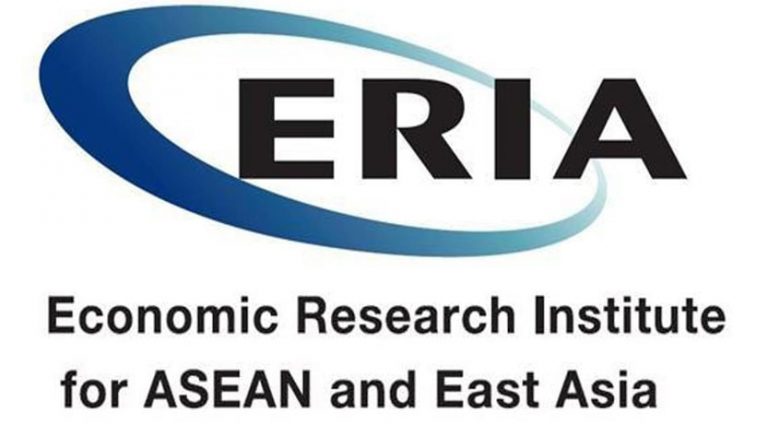
The Economic Research Institute for ASEAN and East Asia or ERIA is an international organization established in Jakarta, Indonesia in 2008 by a formal agreement among Leaders of 16 countries in the East Asian region to conduct research activities and make policy recommendations for further economic integration in the East Asia. ERIA works very closely with both the ASEAN Secretariat and 16 Research Institutes to undertake and disseminate policy research under the three pillars, namely Deepening Economic Integration, Narrowing Development Gaps, and Sustainable Development. ERIA provides analytical policy recommendations to leaders and ministers at their regional meetings. The ERIA Research Institutes Network consists of research institutes from 16 East Asia Summit countries.
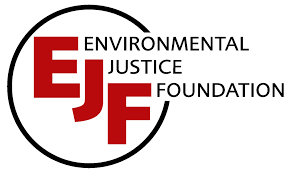
Environmental Justice Foundation (EJF) is an international non-profit organisation with a mission to protect the people and the planet. EJF’s campaigns in Thailand focus on ocean-related issues from combating IUU fishing, encouraging sustainable and ethical fisheries to designing community-based solutions to tackle marine plastic crisis in the Thai waters.
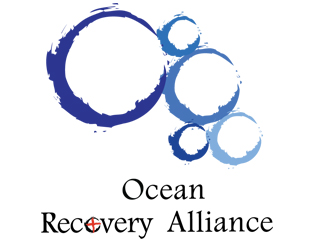
Ocean Recovery Alliance is an NGO based in Hong Kong and California, with over 10 years of focused work on bringing creative solutions to the reduction of plastic pollution to businesses, governments, education and the global community. As the founder of the Plasticity Forum, it has also worked with the World Bank, UN Environment (UNEP) and Clinton Global Initiative, and was awarded the 2018 Prince’s Award from Prince Albert of Monaco for its work for the ocean across a broad spectrum of users, from youth, to companies and governments. Its programs include the Global Alert app which allows people to report trash hotspots anywhere in the world’s waterways and coastlines, the Plastic Disclosure Project (PDP), a methodology for businesses and governments to measure their plastic footprints, and the new Commitments Accelerator for Plastic Pollution (CAPP) which is an incubator for commitments and programs which reduce plastic pollution. The group uses environmental entrepreneurship to bring awareness, education, innovations and solutions to reduce plastic pollution on a global scale, which can be replicated across communities in any country.
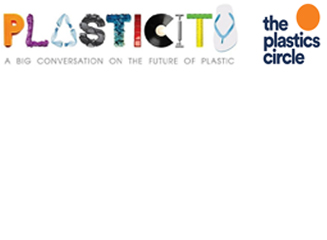
Plasticity is a one-day intensive collaboration of business leaders and industry influencers, Plasticity sparks the conversations that ignite world-changing initiatives. Utilising a “Ted-Talks” style format, Plasticity introduces practical sustainability concepts that are relevant to today’s business world, and showcases new market opportunities for transforming plastic waste into valuable second-life resources. Plasticity is much more than a conference; it’s a global movement of informed eco-optimism, fuelled by exciting new circular economic thinking and ground-breaking technological advances. Since its inaugural forum in 2012 at the Rio+20 Earth Summit, Plasticity has been conducted in Hong Kong, New York, Lisbon, Shanghai, London, Dallas, Los Angeles, Sydney, Kuala Lumpur, Suva and Amsterdam. Now, the 13th Global Plasticity Forum is coming to Thailand, with local and international speakers, presentations, panels, networking opportunities, and lots of ideas.
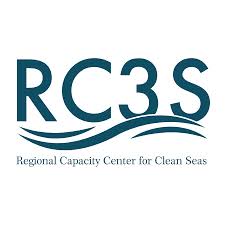
RC3S was established by the Government of Indonesia to assure the commitment of Bali Declaration on the Protection of the Marine Environment from Land-based Activities adopted at the fourth session of the Intergovernmental Review Meeting (IGR-4) as well as Resolution on the Protection of the Marine Environment from Land-based Activities adopted at the fourth session of the UN Environment Assembly (UNEA-4).
RC3S serves its purpose to contribute to the reduction and mitigation of land-based sources of marine pollution by becoming a hub for strengthening capacity building in the field of protection of the marine environment from land-based activities, particularly nutrients, wastewater and marine litter/microplastics.
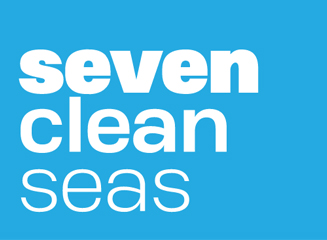
Seven Clean Seas (SCS) is an ocean clean up organisation with the goal of removing plastic from the marine environment and working with rural / island communities to prevent plastic from entering the natural environment in the first place.
Using a multi-pronged approach, SCS’ goal is to build an ecosystem containing environmental plastic recovery, community level interception, river cleanup tech and sorting infrastructure. To this end, SCS has developed a high volume, low cost River Plastic Recovery System, employs rural waste management teams in Indonesia and is setting up a Materials Recovery Facility to complete the ecosystem of waste management and prevent leakage of plastic pollution into our oceans.
All activity is funded by the world’s first Ocean Plastic Offsetting solution, helping responsible companies first reduce, then offset their necessary plastic footprint against ocean plastic. The beauty of this solution is that it provides both a mandate and funding to clean the ocean, whilst providing value to the offsetter. It’s a triple win!

The United Nations Human Settlements Programme (UN-Habitat) is mandated by the UN General Assembly to promote socially and environmentally sustainable communities, towns and cities with the goal of providing adequate shelter for all.
UN-Habitat is charged to promote and consolidate collaboration with all partners, including local authorities and private and non-governmental organizations in the implementation of the Sustainable Development Goals (SDGs), particularly Goal 11, which seeks to make cities and human settlements inclusive, safe, resilient and sustainable. UN-Habitat is a custodian agency to SDG Indicator 11.6.1 “Proportion of municipal solid waste collected and managed”.
UN-Habitat is currently implementing a one-year regional project called the Healthy Oceans and Clean Cities Initiative (HOCCI), which is being funded by the Government of Japan. HOCCI aims to enable local governments and communities in the Philippines to reduce marine plastic pollution and support the localization of the country’s upcoming National Plan of Action for the Prevention, Reduction and Management of Marine Litter.